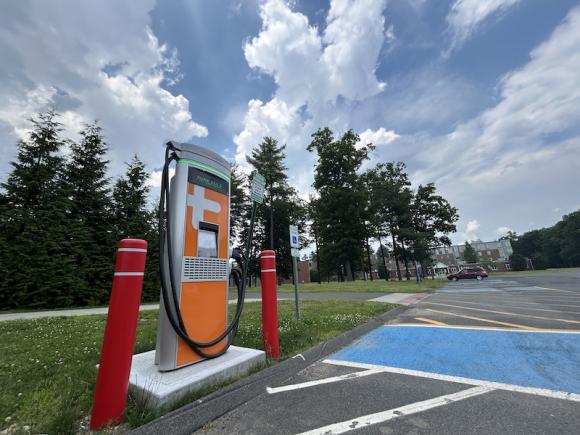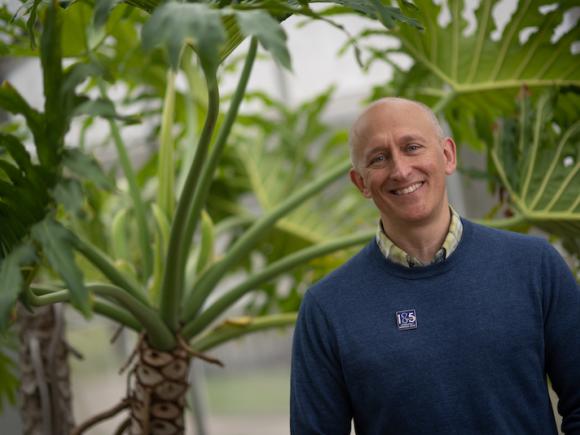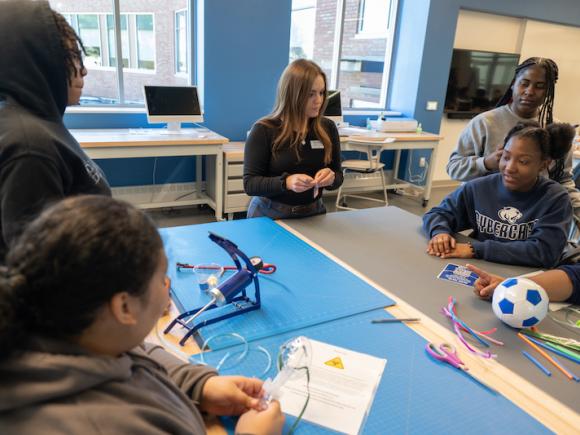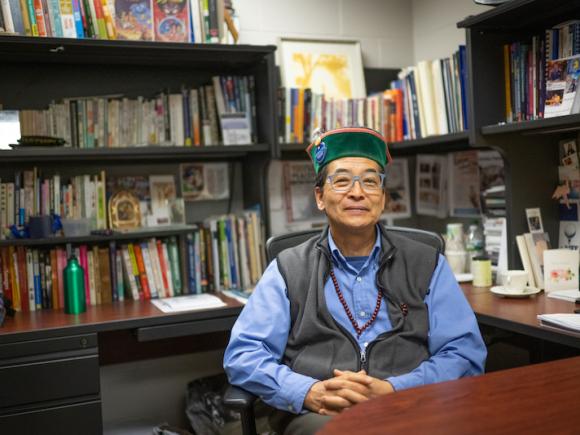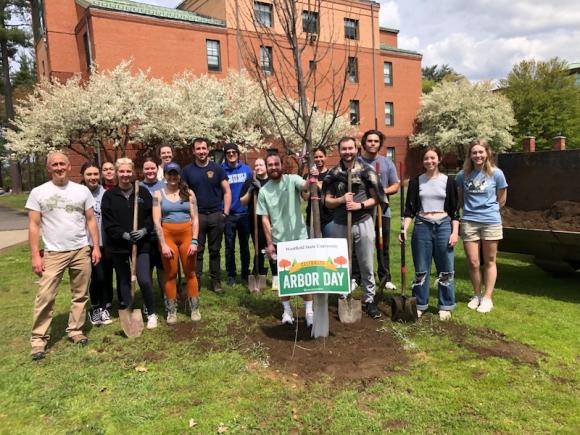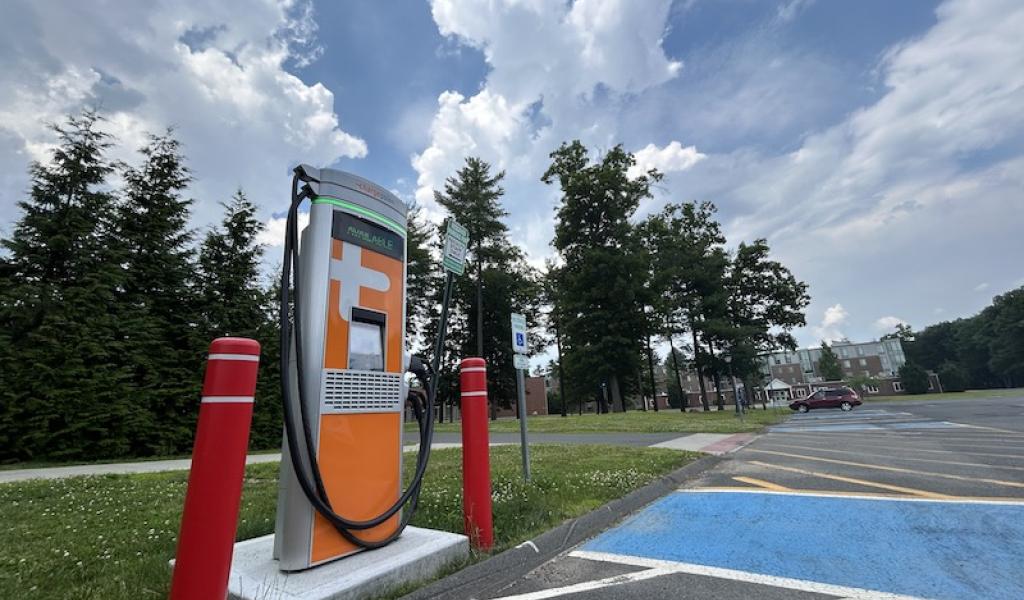
- Recycle!
- Unplug electronics after use.
- Reduce single-use plastic waste – bring your own washable water bottle, utensils, and cloth bags for take out and shopping.
- Find other ways to get around – use bikes, bike sharing, carpooling.
- Buy clothing and other items at thrift stores.
- Make changes to the way you wash your clothes – wash in cold water, use reusable dryer sheets/balls, wear clothes more than once before washing, hang dry your laundry.
- Try eating less meat – skip meat a few times a week.
- Join the sharing economy – visit social media boards like Facebook Marketplace to pick up gently-used furniture and household items and visit ReUse stores in your area.
- Turn off the lights.
-
Keep windows shut and latched when heat is turned on.

